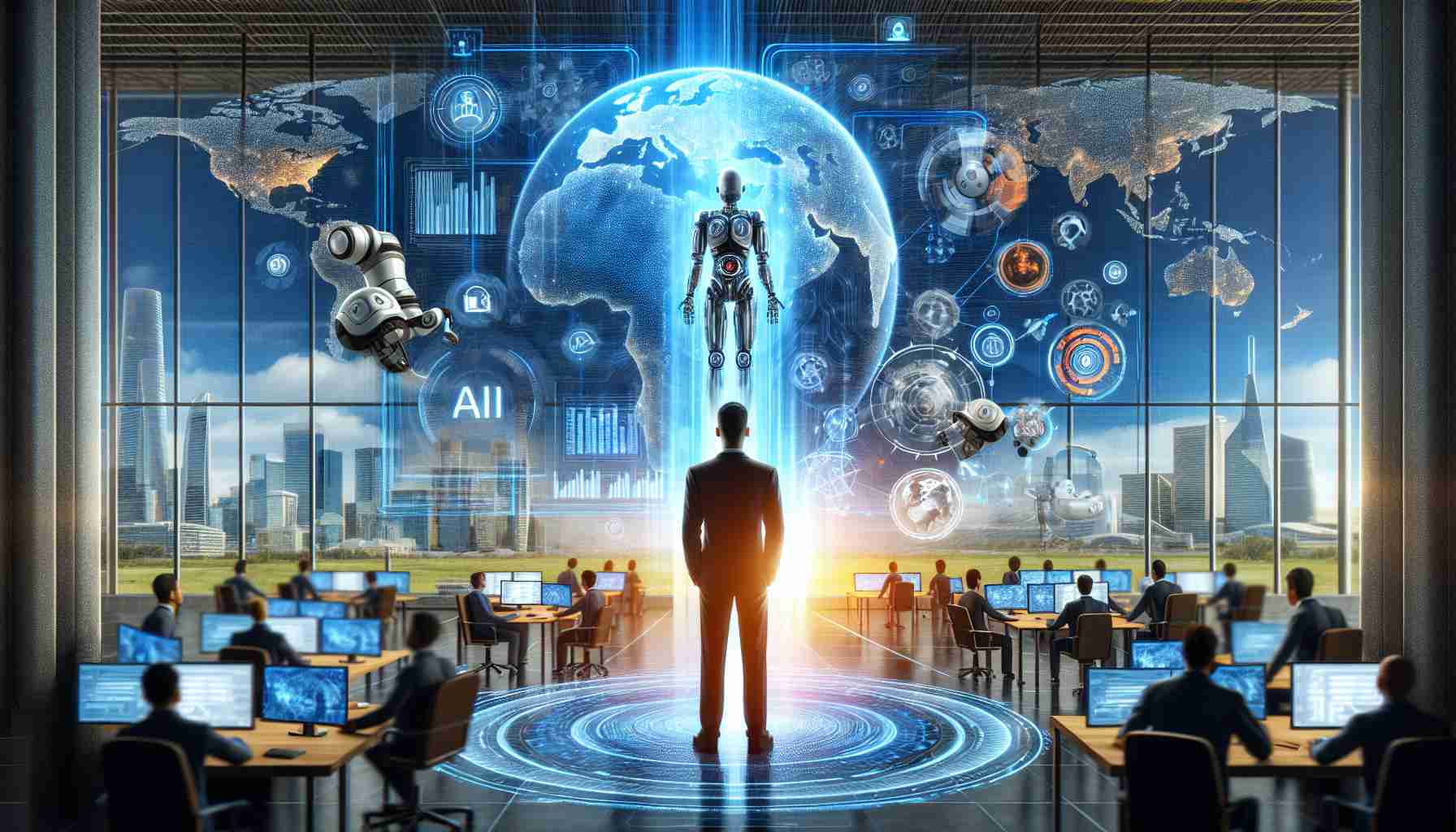Artificial Intelligence (AI) Reshapes the Global Workforce
IMF Managing Director Kristalina Georgieva emphasized the potential seismic influence of artificial intelligence on jobs during an event in Zurich, hosted by the Swiss Institute for International Studies. According to her statements, AI is expected to affect around 60% of positions in developed countries and 40% globally within the next two years.
She stressed the urgency of preparing individuals and businesses to harness the new wave of technology-induced change. She alluded to the promise of significantly enhanced productivity if societies are equipped to manage these advancements effectively. However, Georgieva also cautioned that if not handled appropriately, this shift could lead to increased misinformation and social inequality.
Global Economy’s Growing Fragility
Georgieva remarked on the heightened vulnerability of the global economy, referencing events such as the 2020 pandemic and ongoing conflict in Ukraine. Both of these events have demonstrated how sudden upheavals can have far-reaching economic consequences.
In January, the IMF had already projected that AI would affect nearly 40% of jobs worldwide by automating some and augmenting others. IMF specialists pointed out that AI is likely to supplement human labor in many cases rather than replace it entirely. The message is clear: the AI revolution is not just coming; it’s here, and its effects will be felt by everyone, everywhere.
Key Questions and Answers:
1. What are the potential benefits of AI on global employment?
AI has the potential to greatly enhance productivity and efficiency, creating new job opportunities, and potentially leading to economic growth if the transition is managed well.
2. What are the risks or challenges associated with the rise of AI in the workforce?
Key challenges include potential job displacement, increased social inequality, the spread of misinformation, and the need for widespread retraining and upskilling of workers.
3. How does the IMF suggest societies prepare for the impact of AI?
Governments and businesses should invest in education and training programs to equip the workforce with the skills needed to navigate the AI-driven economy.
4. What impact might AI have on global economic parity?
There is a risk that AI could exacerbate economic disparities between nations, as developed countries may be more capable of integrating and benefiting from AI technologies.
Advantages and Disadvantages:
Advantages:
– Potential increase in productivity and economic growth.
– New jobs and industries could emerge as a result of AI advancements.
– AI could augment human capabilities, making work more efficient and opening new avenues for innovation.
Disadvantages:
– Displacement of workers due to automation and failure of some traditional jobs.
– Rising inequality as those displaced might find it challenging to adjust to new job markets.
– Risk of misuse of AI, which includes exacerbation of misinformation or even weaponization.
– Ethical concerns related to privacy, surveillance, and decision-making in critical areas such as law enforcement or healthcare.
Key Challenges and Controversies:
– Retraining and Education: Workers will need to be re-educated and retrained for new kinds of jobs that will be created as a consequence of AI advancements.
– Data Privacy: AI relies heavily on data, raising concerns about privacy and the potential for data misuse or breaches.
– Regulation: There’s an ongoing debate on how AI should be regulated to ensure ethical use and to prevent harm to individuals and society.
– Global Disparities: Less developed countries might lag in adopting AI, potentially widening the economic gap between nations.
For further information on the work of the IMF or global economic analyses, you may visit the International Monetary Fund’s main website using the following link: IMF.

